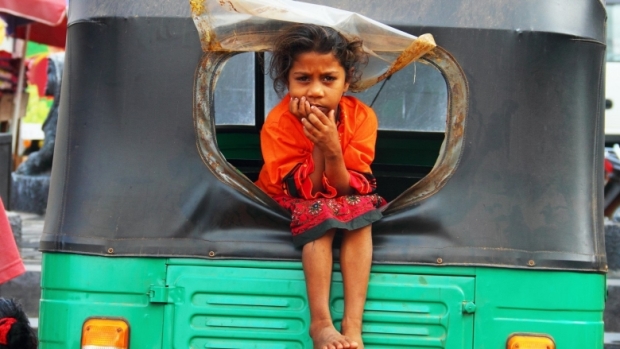World Bank warns Sri Lanka of worsening poverty amid IMF adjustments
COLOMBO – The World Bank has warned Sri Lanka of possible worsening of poverty if the crisis-hit island nation fails to address the needs of vulnerable groups when it implements painful adjustments in line with reforms for a $3 billion International Monetary Fund (IMF) loan.
According to the World Bank report, poverty has already doubled last year with higher inflation and rising unemployment.
“The negative economic outlook for 2023 and 2024 and adverse effects of revenue-mobilizing reforms could worsen poverty projections,” the World Bank said in the latest report on Sri Lanka’s poverty situation released last month.
“Mitigating these negative effects on the poor and vulnerable will remain critical during the adjustment. At the same time, a recovery and expansion of wage employment in the services and industry sectors will be key to shift employment from lower-paying agricultural jobs and make a dent on poverty.”
The multilateral lending agency said rising inequality is also a concern while poverty in urban areas has tripled and rural areas doubled.
“Poverty is projected to remain above 25% in the next few years due to the multiple risks to households’ livelihoods,” it forecast..
The increase in poverty comes after the island nation declared an unprecedented sovereign debt default in April last year following two years of COVID-19 controls. The default cut off the island nation’s access to all external fundings and hit its external trade.
Nearly 13 people out of 100 have been under the poverty line in 2020, increasing from 12 in the previous year. The number rose to 13 in 2021 and almost doubled to 25 last year, the World Bank report said.
“This increase has added an additional 2.5 million people into poverty in 2022.”
It said many households were impacted from different fronts as prices rose by 46% last year, jobs in services and industry contracted, pushing workers to lower-paying agricultural jobs. The decline in remittances also had hit the income level.
The income from agriculture also contracted due to an overnight ban on chemical fertilizers by the former president Gotabaya Rajapaksa in 2021. The move, among many others, also led to mass public protests that led to ousting Rajapaksa.
The World Bank data indicated that households experiencing food insecurity are reducing their spending on health and education, a move that could result in poor human resources in the future.
The rise in food insecurity has also led to increases in malnutrition and stunting – up from 7.4% in 2021 to 9.4% in 2022, the report said.
According to the Central bank data, the updated national poverty line for Sri Lanka surged to 13,777 rupees in 2022, registering an annual increase of 74%.
A World Food Program survey has revealed 85% of the population was estimated to be relying on livelihood based coping strategies, such as borrowing money, reducing spending on education and health, spending savings, or deferring due debt payments.
-economynext.com



Comments are closed, but trackbacks and pingbacks are open.